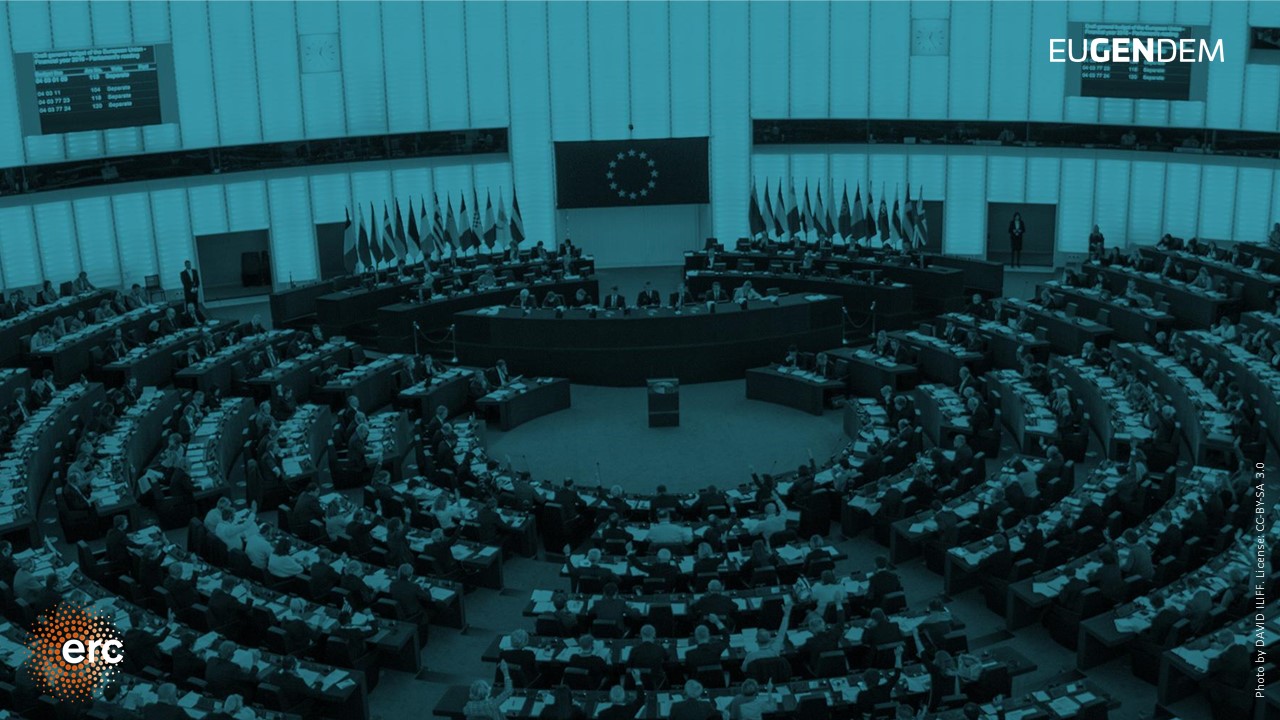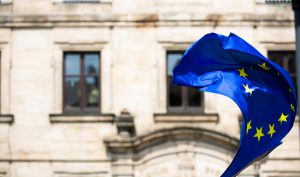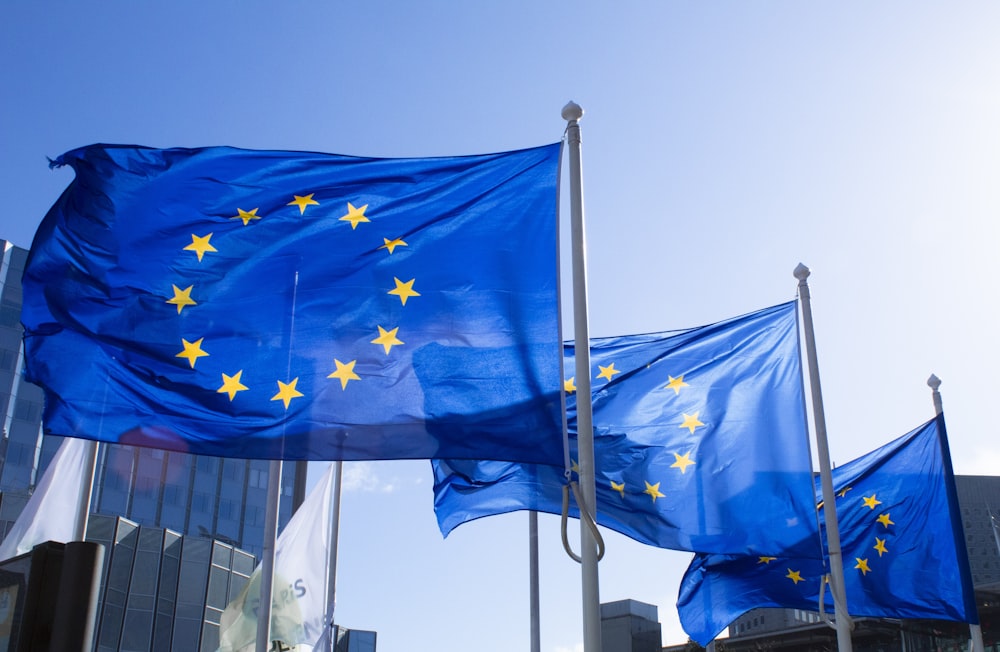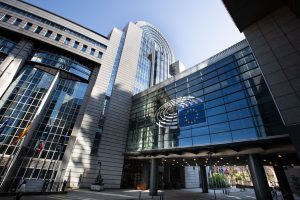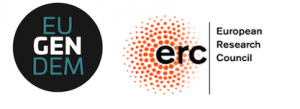
Parliaments are gendered spaces but what does this mean? Feminist academics have explored parliaments at multiple geographic levels as gendered workplaces and policy making spaces and how privileges and exclusions in formal and informal rules of the game affect key democratic and parliamentary functions, such as representation, oversight and deliberation.
The Scottish Parliament and European Parliament have much in common: they are both ‘new’ parliaments; parliaments where committees play a significant role in parliamentary life; both are sites of constitutional feminist activism and share normative ends of ‘new politics’ – notably in the Scottish Parliament in the form of consensus-building and ‘power-sharing’ with citizens and similar concerns in the European Parliament. At the same time, both are largely white, ableist and heteronormative institutions, are gendered workplaces, sites of violence, have uneven opportunities for advancing feminist politics and differing policy outcomes for women. Moreover, one is a supra-national institution, one a devolved parliament with concomitant challenges and opportunities.
This multi-disciplinary workshop investigates parliaments at multiple levels as gendered workplaces and gendered sites of policymaking. Topics discussed include the process of conducting a gender audit in the Scottish Parliament; parliamentary leadership in the Scottish Parliament; feminist politics and institutional racism and normative whiteness in the European Parliament.
The workshop ends with a high-level roundtable of parliamentarians who will discuss gender+ in relation to their parliamentary duties.
Participants will convene around questions such as: how might the parliaments still be gendered workplaces and policy-making spaces; what are the unique possibilities and challenges for advancing feminist politics through parliaments at multiple levels; what are the policy-making relationships with executive institutions? How do relations of formality and informality affect gender relations in the parliament? Finally, what is the broader legal and policy context regarding women and decision-making that parliaments operate within and reproduce?
The outcome of this workshop is to open research avenues and forge collaborations and dialogue between (inter)national researchers and practitioners about the potentials and challenges of parliamentary fora at multiple levels for advancing and embodying gender equality.
Programme
Opening: Dr Cherry Miller (University of Glasgow) 09.00-09.15
Panel 1: The Scottish Parliament 09.15 – 10.45
Dr Meryl Kenny (University of Edinburgh): Presentation on Gender-Sensitive Parliaments
Dr Fiona McKay (University of Strathclyde): ‘Engendering institutional equality: a gender sensitive audit of the Scottish Parliament’
Dr Jenny Morrison (University of Glasgow): ‘Assessing Feminist Institutionalism in Devolution Era Scotland’
Laura Shaw (Doctoral Researcher, University of Glasgow ): ‘Care as Leadership Capital: Gender and Political Leadership in the Scottish Parliament’
Coffee Break 10.45-11.15
Panel 2: European Parliament 11.15-12.45
Dr Valentine Berthet (University of Helsinki) ‘Feminist Politics in the European Parliament’s Political Groups’. Co-authored with Petra Ahrens (Tampere University), Johanna Kantola (University of Helsinki), Cherry Miller (University of Glasgow).
Dr Barbara Gaweda (University of Helsinki): ‘It’s like shouting to a brick wall: Normative whiteness and racism in the European Parliament’ . Co-authored with Johanna Kantola (University of Helsinki); Anna Elomäki (Tampere University), Cherry Miller (University of Glasgow), Valentine Berthet (University of Helsinki); Petra Ahrens (Tampere University).
Professor Johanna Kantola (University of Helsinki): ‘Feminist institutional responses to anti-gender politics in parliamentary contexts. Co-authored with Emanuela Lombardo (Complutense University of Madrid)
Lunch 12.45- 14.00
Panel 3: High-Level Parliamentarian Roundtable 14.00- 15.30
Elspeth Attwooll (MEP, Lib Dem, Scotland 1999-2009)
Pam Duncan-Glancy (MSP, Lab, Glasgow region, 2021-)
Kaukab Stewart (MSP, SNP, Glasgow Kelvin, 2021-)
Julie Ward (MEP, Lab, North West, 2014-2020)
This is a hybrid event. To attend in person at the University of Glasgow Advanced Research Centre register via the Eventbrite link: ‘Reserve a Spot’ – General Admission
To attend online, please register here: genderparliamentglasgow@gmail.com
University of Glasgow website
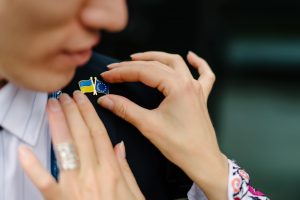 Liliia Antoniuk, Doctoral Researcher, University of Helsinki
Liliia Antoniuk, Doctoral Researcher, University of Helsinki